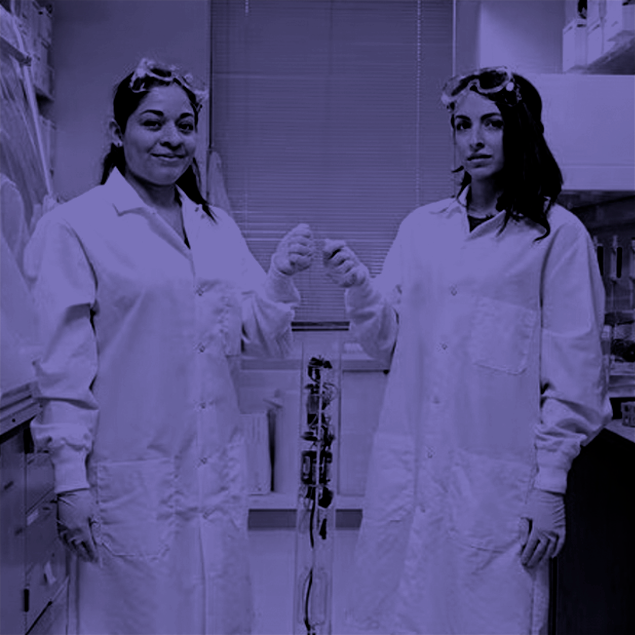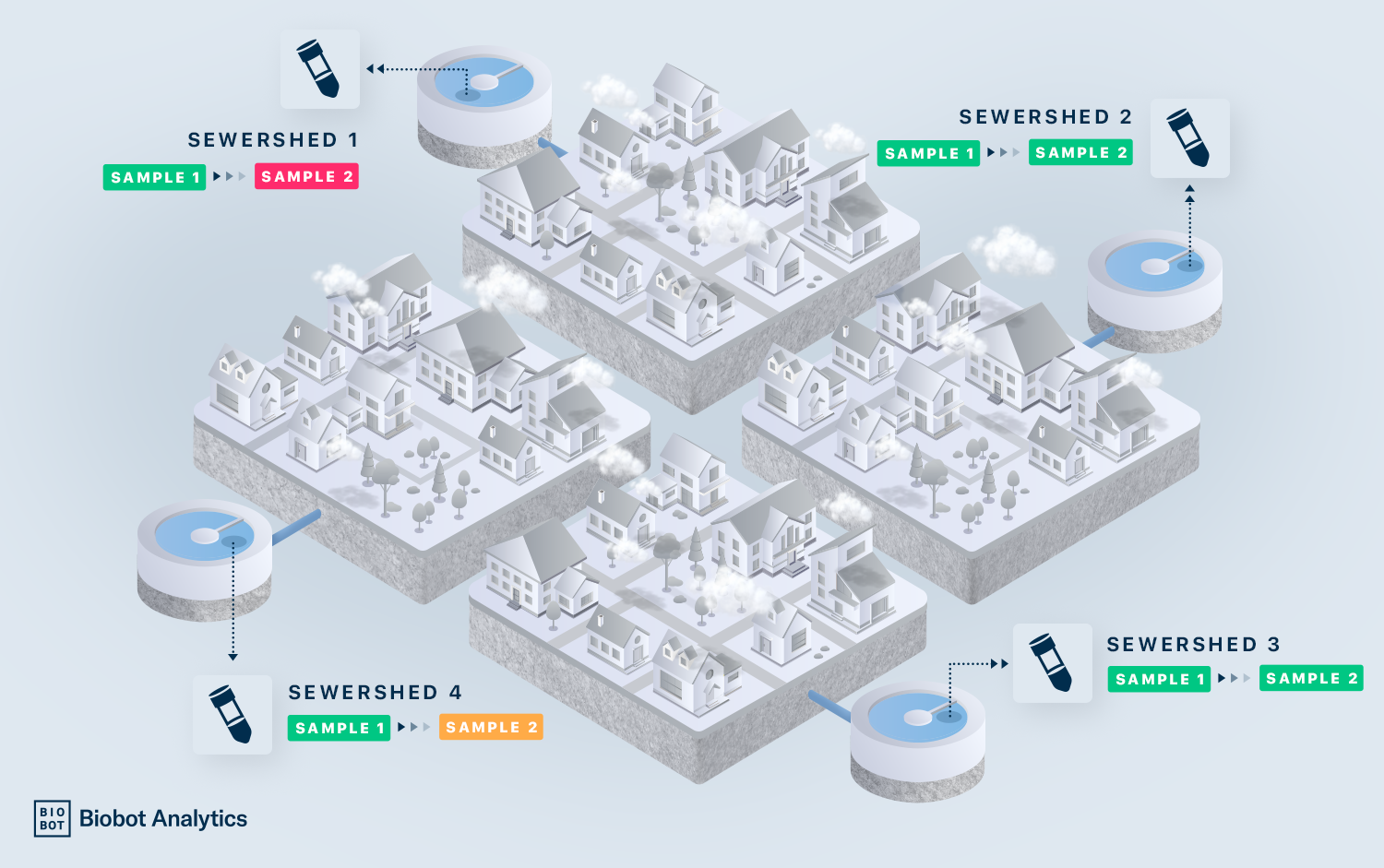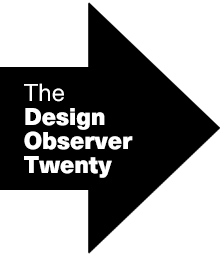
The Design Observer Twenty | Sponsored by IDEO
The Design Observer Twenty is our curated selection of twenty remarkable people, projects, and big ideas solving an urgent social need.
Wastewater-based epidemiology, or wastewater surveillance, gained prominence when the coronavirus pandemic took hold in 2020. It involves monitoring biomatter in sewage to identify population-level patterns in infectious disease and dangerous substances. At its best, it can function as an always-available early warning system, enabling researchers and public health officials to take swift action to prevent infections, hospitalizations, and deaths.
It can also make public health more equitable.
“Everybody has a voice in our sewer system,” Ghaeli tells Design Observer. By commingling data from entire communities, wastewater data is a powerful complement to in-person clinical testing for infectious disease. “It doesn’t matter whether or not you have health insurance or you’re accessing the health care system or medical care,” Ghaeli says. It also doesn’t matter if you know you’re sick. “You’re represented in the data.” That means everybody is represented in the solution. “I think that’s something that’s very unique to wastewater data that we don’t get when we look at traditional health care data.”
Today, the Biobot platform provides government, university, health system, and enterprise clients visualized data on their communities’ levels of opioids and other high-risk substances — cocaine, fentanyl, methamphetamine, and nicotine — as well as foodborne and respiratory illnesses: COVID-19, Mpox, norovirus, seasonal flu, and RSV.

Image: Biobot Analytics.
Although wastewater epidemiology isn’t new — the World Health Organization set guidelines for its use in polio detection in 2003 — the pandemic catapulted it to public consciousness in 2020 and Biobot Analytics along with it.
In May 2021, the company partnered with the Centers for Disease Control and Prevention to collect more than 4,800 wastewater samples from 318 treatment facilities across the U.S. over 12 weeks as part of the government agency’s nascent National Wastewater Surveillance System. In so doing, Biobot Analytics became the first organization in the world to commercialize vital epidemic data from sewage.
In addition to combatting public health threats, Matus and Ghaeli believe their data can one day play a role in designing healthier cities.
The two met while studying at MIT; Matus was pursuing her PhD as a biologist who deals in computational epidemiology, while Ghaeli was continuing her studies as an architect using new data to improve urban life. Ghaeli joined the scientist’s first foray into wastewater research, excited by the potential to address fundamental urban challenges like climate change, socioeconomic disparities, and other social determinants of health with information from “our collective microbiome.”
“I joined with that urban angle, saying, ‘Not only is this an interesting scientific question, but if this actually works, we can actually use this information to design better cities and to build better communities,’” Ghaeli says.
That vision is already taking shape: The team has started mapping clusters of high-risk substance use throughout the country that could shed light on how urban design influences drug access and consumption patterns.
Looking ahead, the team aims to identify epidemic threats that nobody sees coming — without having first to set sights on something specific, Matus told Axios. “That’s how the field is moving, and really fast.”
Ghaeli also hopes the technology becomes as commonplace as weather apps for informing individuals’ daily microdecisions like whether to mask or what form of transit to use. “Imagine being able to understand what is forecasted in terms of respiratory illnesses this fall for either the city I live in or the city I’m traveling to,” she says. “Empowering every single person with this information that can help them be healthier and make decisions that are within their comfort zone.”
Essay by Delaney Rebernik.



